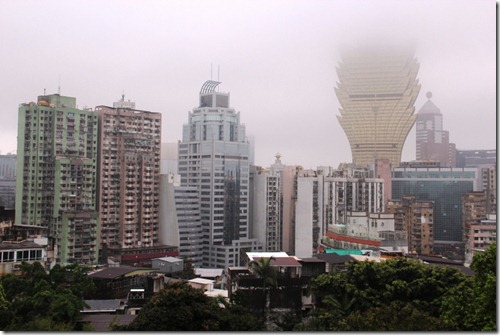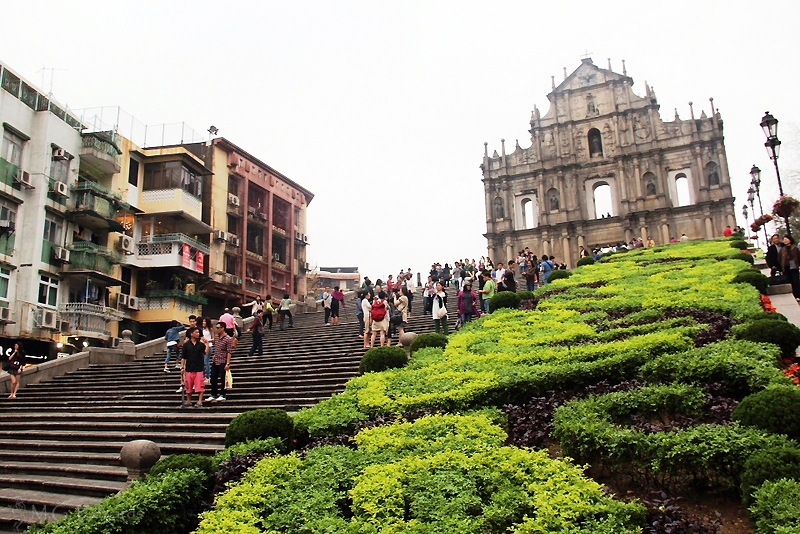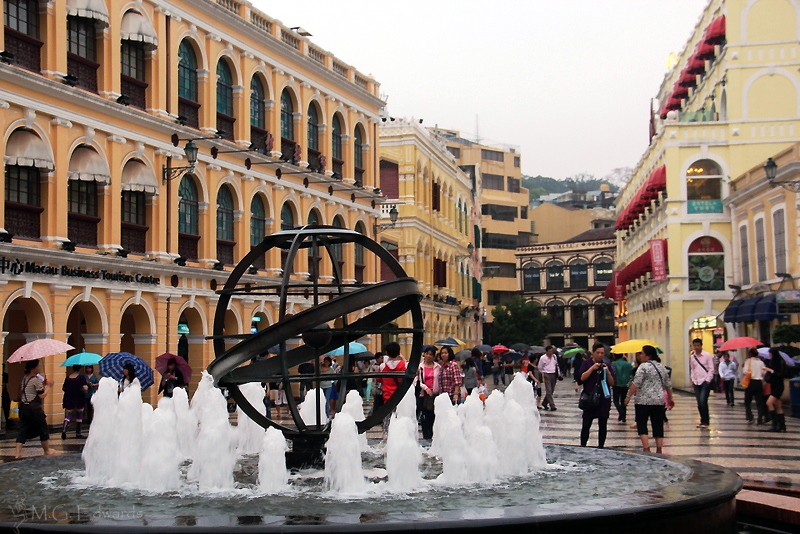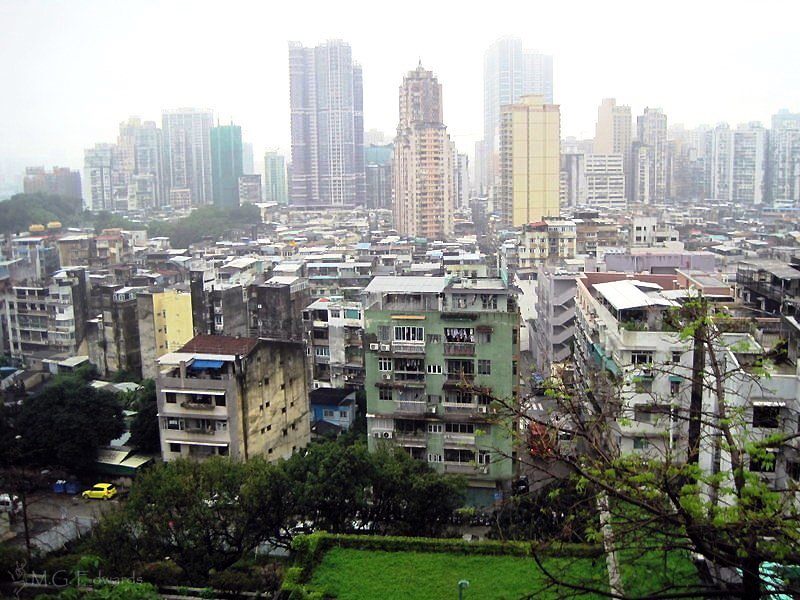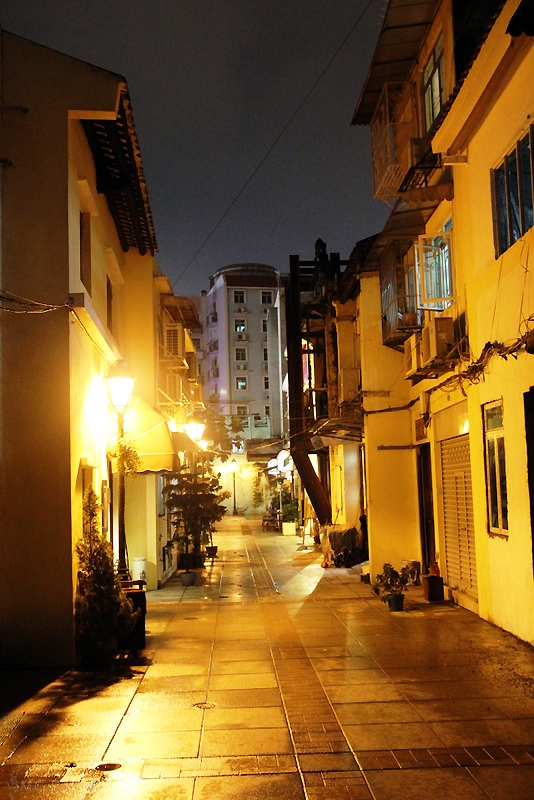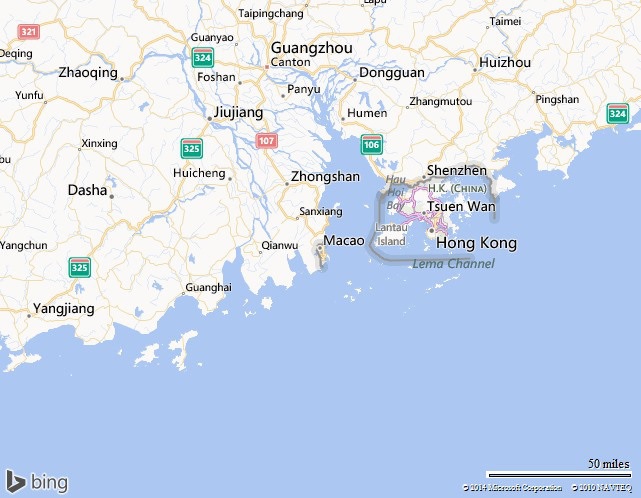Venezuela
The political environment in Venezuela is unstable, and concerns about its economic viability are growing. No one knows what will happen in a year, perhaps longer, until the situation changes. More expatriates, including those who often brave tumult such as journalists and businesspersons, have left the country. Airlines and foreign companies have cut back on their local presence or ceased operations in the country altogether. Travel to Venezuela is inadvisable at this time.
I look forward to visiting Venezuela someday, but even a World Adventurer knows when they’re not welcome.

More About Venezuela
| Venezuela | Have an Unrest, Venezuela | Have a Rest, Sr. Presidente Chávez |
| Other Articles |
World Adventurers Magazine
 |  |  |
|
 |  |  |  |
 |  |  |  |


